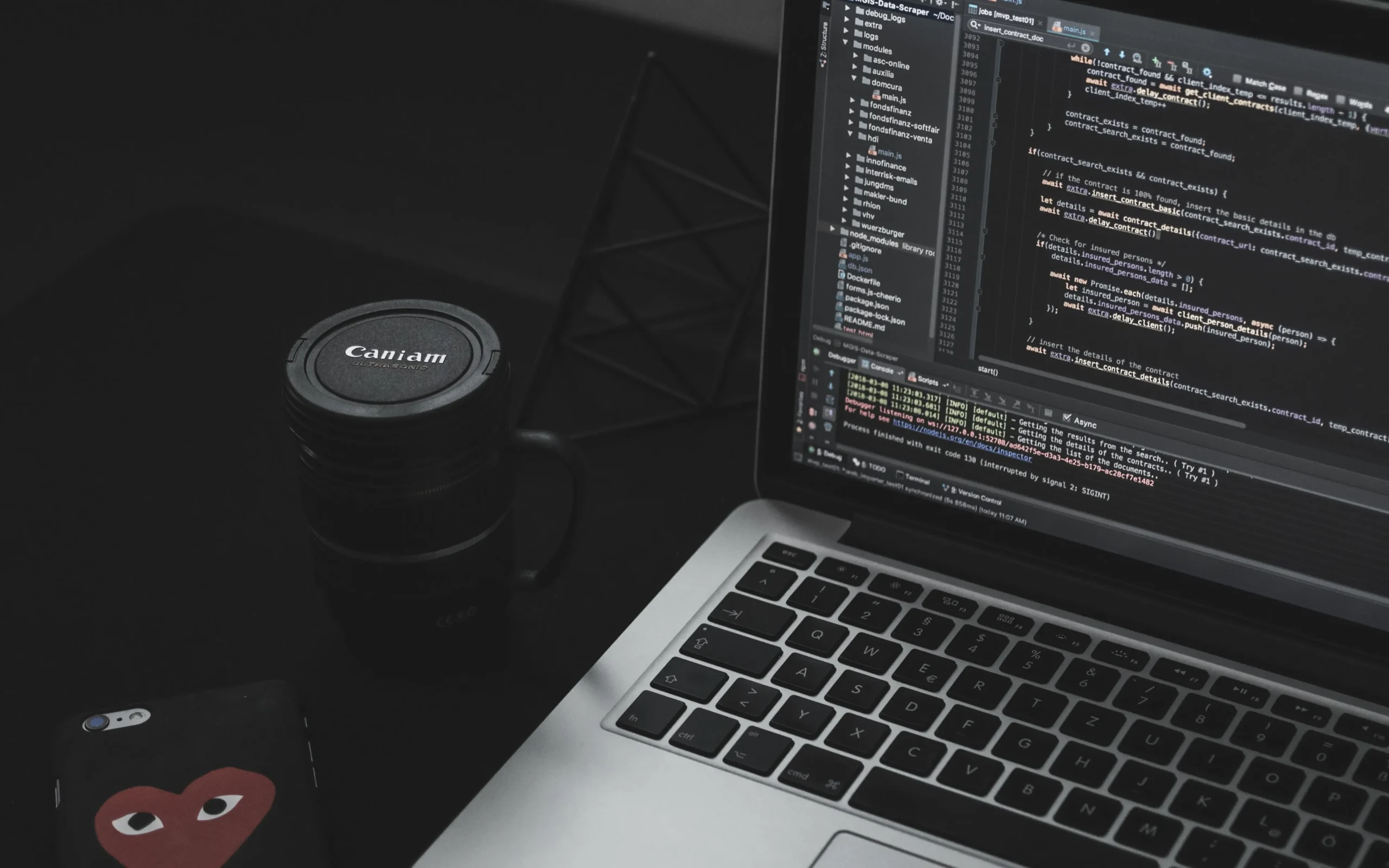AI Influencers vs. Human Creators: Who Wins the Digital Marketing Game in 2025?

The landscape of influencer marketing has changed significantly in 2025 compared to a few years ago. Virtual influencers are AI-generated characters that mimic actual individuals in appearance, speech, and behavior. Despite never having a physical presence, many online celebrities, such as Shudu or Lil Miquela, have millions of followers and brand agreements with leading corporations. AI influencers are a dream come true for marketers since they are constantly available, can post simultaneously across time zones, and never spark problems or scandals. They can be customized to provide scalable and affordable results while precisely matching a brand’s voice, style, and campaign requirements. This makes them particularly attractive to international brands looking for control and efficiency in a fiercely competitive digital market.
However, authenticity a quality that AI cannot match remains a strength of human artists. Influencers’ relatable tales, feelings, and life experiences help audiences relate to them. No computer can completely replicate the link that is formed when a human artist shares their difficulties, interests, or behind-the-scenes problems. Because of this, brands still depend on people to provide authentic storytelling and emotional impact, even as AI influencers gain popularity. Digital marketing in the future will involve combining AI and humans rather than picking one over the other. While human producers will make sure that marketing is anchored in community and trust, AI influencers will propel futuristic, creative campaigns. They are collaborating to shape the next period of impact rather than competing with one another.